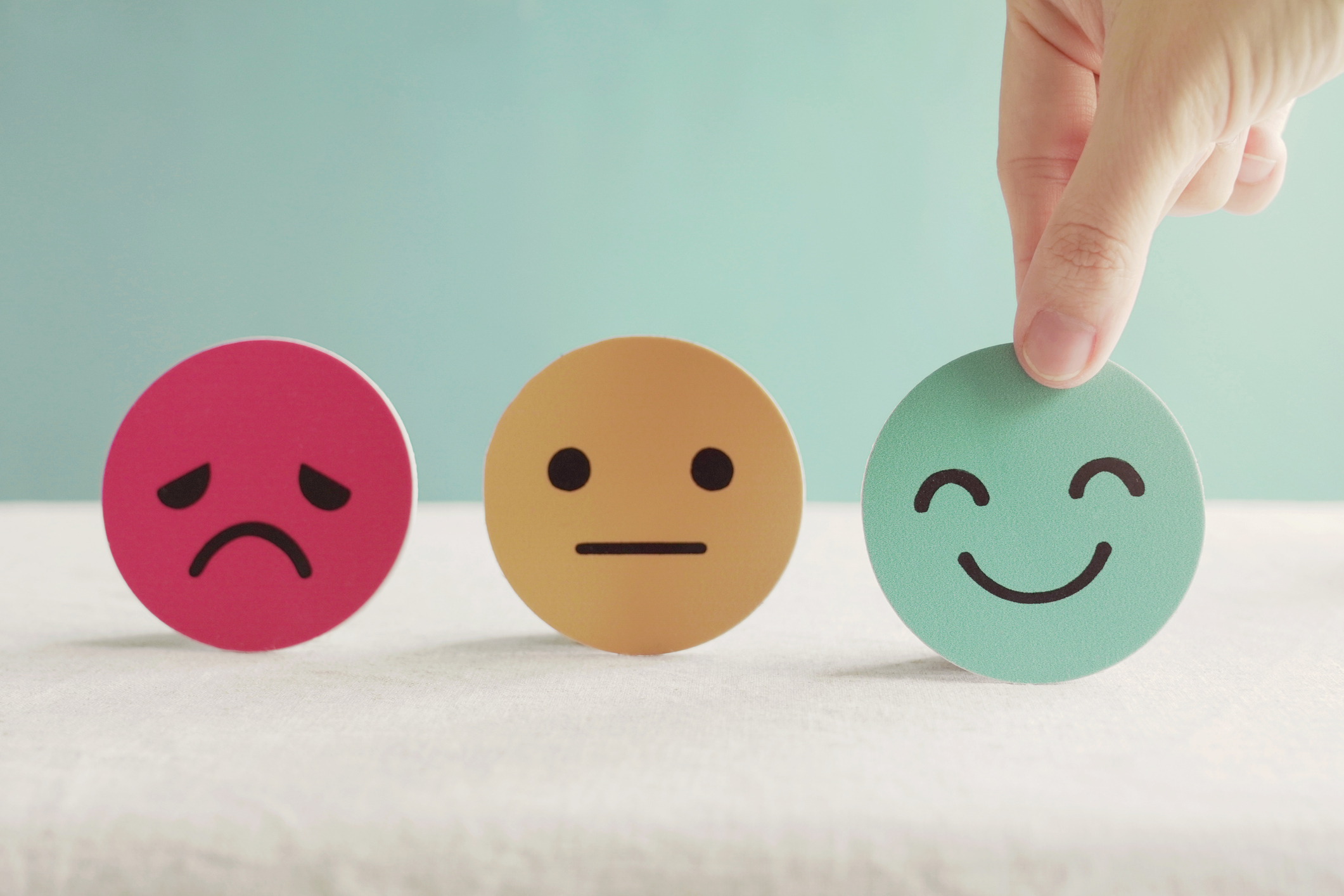

If you or a loved one have ever lived with depression, you know that it’s a complex condition that can be difficult to treat.
Almost by definition, depression can cause fatigue and lack of motivation, which in turn can get in the way of making behavioral changes that might help, such as exercising more.
We’re finding out that the long-standing theory of a serotonin imbalance being the cause of depression is little more than a myth, which is why medications like selective serotonin reuptake inhibitors, or SSRIs, are often of little use.
But there is another way around depression, a natural pathway within our bodies that may hold the key.
The gut-brain axis is the key
We talk about having a “gut feeling.” Research has shown that this association between our gut and our brain may have crept into our language by way of a biological pathway known as the gut-brain axis.
The gut-brain axis is like a two-way road of nerves that connects the central nervous system (our brain and spinal cord, controlling thought and movement) with our enteric nervous system, a web of nerves that regulates our gastrointestinal tract.
The teeming mass of microbes that make up a healthy gut microbiome play a major role in this connection between brain and gut. They control the production of neurotransmitters and other chemicals that influence the immune system, metabolic functions and even mental health.
Take the bacteria Lactobacillus for example. Many species of this bacteria produce the neurotransmitter gamma-aminobutyric acid (GABA), which plays an important role in inhibiting brain activity and controlling unwanted thoughts — which can be a problem in both anxiety and depression.
We know that we can regulate debilitating anxiety by controlling the bacterial environment of our gut. So what about depression?
Probiotic use alters brain neurons to relieve depression
Scientists at the University of Basel have shown that taking probiotics as an add-on therapy resulted in an improvement of depressive symptoms.
The clinical trial involved patient volunteers from the University’s psychiatric clinic who were currently having depressive episodes.
They were randomly assigned to either receive a formulation of live microbes or a placebo for 31 days while continuing to take their antidepressant medications. The study participants nor the study staff knew which patients were taking probiotics or the placebo.
The researchers used a clinical scale to measure depression at the start of the trial (as a baseline) and again once it had concluded.
The probiotic group showed fewer depressive symptoms than the placebo group.
But most impressive of all?
Compared with those who took a placebo, brain imaging in those who took probiotics revealed less neural activity in the putamen, a brain area involved in emotional processing and associated with depression.
In other words, adding probiotics to the gut affected actual changes in the brain.
Be selective when shopping for a probiotic supplement
The makeup of the bacteria in our guts has been linked to high blood pressure and dozens of other conditions, so even if you’re not dealing with anxiety or depression, it’s a good idea to support your gut microbiome.
But just as everyone’s gut is different, all those probiotic supplements you see in your health food store are different, too.
In this particular study, the researchers used a specific formulation of eight strains of bacteria. Some of the strains in the formula were:
- Lactobacillus paracasei
- Lactobacillus plantarum
- Lactobacillus acidophilus
- Bifidobacterium longum
- Bifidobacterium infantis
- Bifidobacterium breve
- Streptococcus thermophilus
Remember, the right foods can also help promote a healthy and balanced gut microbiome as well — especially fermented foods like:
- Yogurt
- Sauerkraut
- Kefir
- Miso
- Kombucha
- Buttermilk
- Cottage cheese
If you’re currently being treated for depression do not stop any medication without consulting with your physician.
Sources:
Neuroimaging Supports Probiotic Add-on Intervention That Improves Patients’ Depressive Symptoms — Neuroscience News
Effects of a probiotic add-on treatment on fronto-limbic brain structure, function, and perfusion in depression: Secondary neuroimaging findings of a randomized controlled trial — Journal of Affective Disorders
What are probiotics? — Web MD

